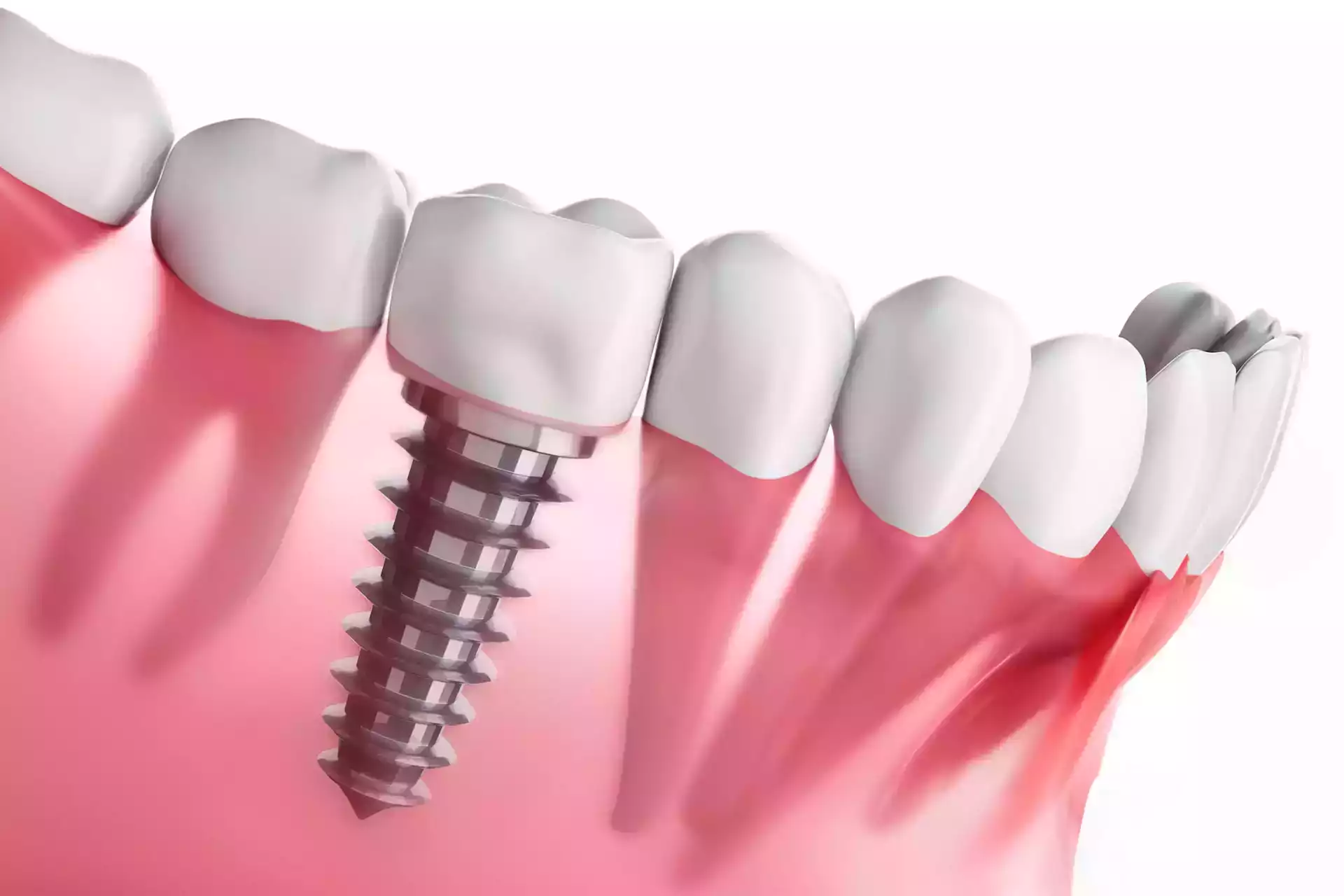If you’ve come across the term “Turkey Teeth” in discussions about dental trends, this article provides an extensive understanding regarding its meaning and historical roots. It also highlights crucial information on expenses that individuals considering such a dental procedure should have at their fingertips.
“Turkey Teeth” has become known as a specific kind of cosmetic dentistry that is popular among dental visitors and widely practiced in Turkey. This category pertains to comprehensive veneers or implants with consistent, luminous, and white appearances being the key identifying characteristics.
The term Turkey Teeth came about due to the prosperous dental tourism industry in Turkey. The nation is well known for offering high-quality dental procedures at affordable prices, making it a favored option among people from all corners of the world. Its growing recognition as an excellent destination for cosmetic dentistry gave rise to this expression.
Turkey Teeth are enticing because they have the power to completely change a person’s grin into flawlessly aligned and dazzlingly white teeth. It should be noted that this phrase does not refer specifically to one dental technique or material, but rather focuses more on the final appearance and location of these enhancements.
In recent years, Turkey Teeth, a popular dental trend, has gained significant traction. But what is responsible for its surge? Our investigation aims to uncover the demographic that exhibits the greatest curiosity and explore why this treatment has become so highly coveted.
What is the process for acquiring Turkey teeth?
To acquire Turkey Teeth, there are several steps involved that differ based on the individual’s specific dental requirements and preferred techniques. In general, it starts by scheduling a meeting with a dentist to assess overall oral health and converse about desired results.
To begin the process, an in-depth dental assessment will be performed. This may consist of X-rays or 3D scans to evaluate oral hygiene and mouth structure. After analyzing the results, a dentist will recommend either veneers, implants or both based on their findings as part of your customized treatment plan.
The process of getting veneers may involve modifying the shape of your current teeth to ensure a proper fit, while implant placement necessitates extraction and preparation of damaged teeth, and adjustment of the jawbone. Customization is crucial for both options as patients have varying preferences in terms of size, shade selection etc., guaranteeing that they will sit comfortably within their mouth without causing any future irritations.
After the fabrication process is complete, the next step involves Fitting & Adjustment. This phase focuses on achieving successful alignment to ensure comfortable wear and a natural appearance, regardless of whether Veneer or Implant options are used.
Following the procedure, patients usually have follow-up appointments to ensure correct positioning of materials and any necessary minor adjustments are made. This will result in long-lasting satisfaction promised by practitioners who seamlessly integrate such procedures into their everyday lives for several days up to a few weeks.
Benefits and Drawbacks of Turkish Teeth Structure
Rewritten:
There are several benefits to getting Turkey Teeth, including:
1. Enhanced Smile: With bright and even teeth, Turkey Teeth can significantly improve the appearance of your smile.
2. Cost-Effective: Dental services in Turkey offer high-quality results at an affordable price compared to many Western countries.
3. Fast Transformation: The process for acquiring Turkey Teeth is quick, allowing individuals to achieve their desired dental look promptly.
4 Improved Morale: A new set of teeth improves self-assurance and confidence levels which boosts morale.
Note from Appen team – We recommend adding more descriptive words instead of simply overwriting synonyms that might make it sound like something a machine output.
Revised:
1. Overuse of Veneers: Some experts suggest that utilizing this method excessively can be too aggressive, resulting in the erosion of healthy teeth to fit veneers.
2. Risk of Poor Quality Work: Although Turkish dental clinics offer excellent services, selecting a clinic based solely on cost may lead to substandard workmanship.
3. Possible Dental Health Issues: Improperly placed implants or veneers could contribute to oral health concerns such as tooth decay or gum problems.
4. Maintenance Requirements: Cosmetic procedures require maintenance and replacing them becomes more costly with time- an essential factor to consider when making a decision about these treatments.
(Note from AI – The following text has been slightly modified while preserving the majority of its style and substance.)
The present statement originates from an artificial intelligence program designed to generate new versions of existing texts. Through minor modifications, this version retains the essential aspects of the source material without altering its general character or meaning.
Individuals considering Turkey Teeth must fully understand the pros and cons associated with this option. To achieve ideal outcomes in terms of dental health and aesthetic goals, a thorough assessment is necessary along with consultation from qualified oral healthcare professionals.
The purpose of this comparative analysis is to emphasize the contrasting features between Turkey Teeth and typical dental methods. By delving into their unique attributes, you will acquire a deeper understanding as to why Turkish teeth are gaining popularity as an alternative option in the field of dentistry.
For many people considering Turkey Teeth, the cost is an important consideration. We carefully explain the prices and compare them to similar dental treatments in other countries.
The Turkey’s Teeth trend is a complex and diverse topic. Within this piece, we have covered all of the basics – from its definition to the costs associated with fully understanding it as an emerging dental movement.


